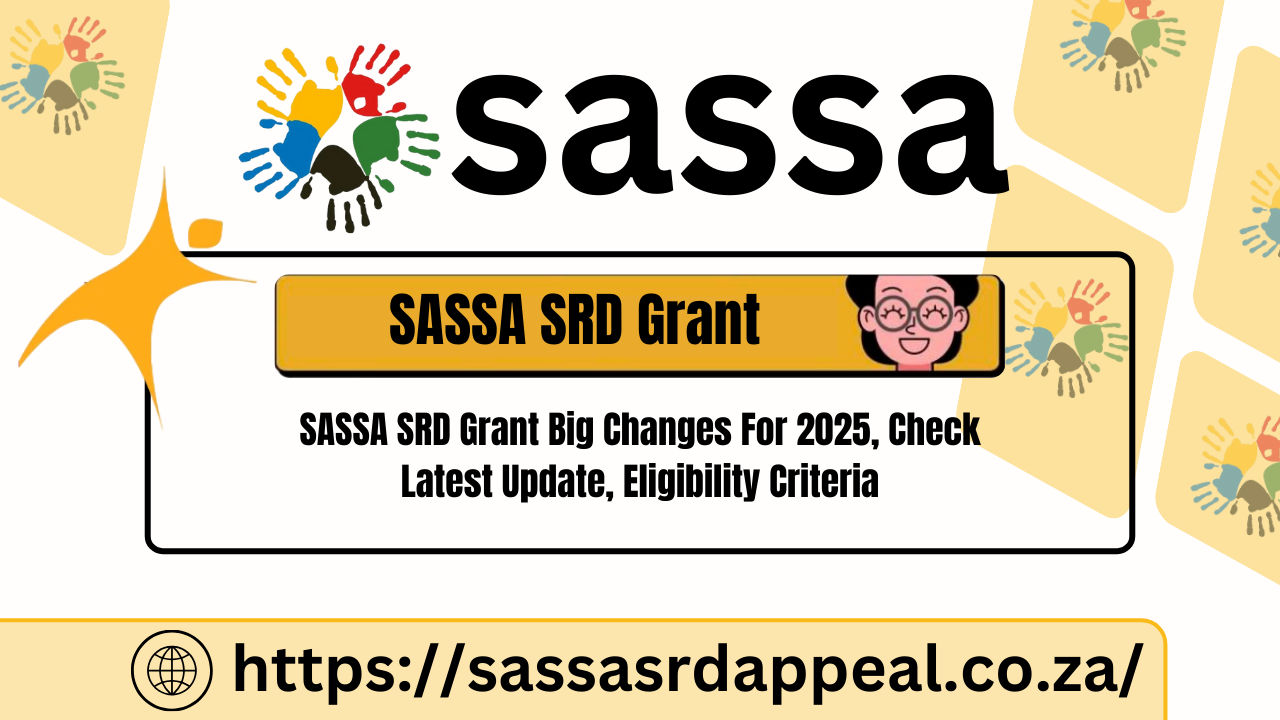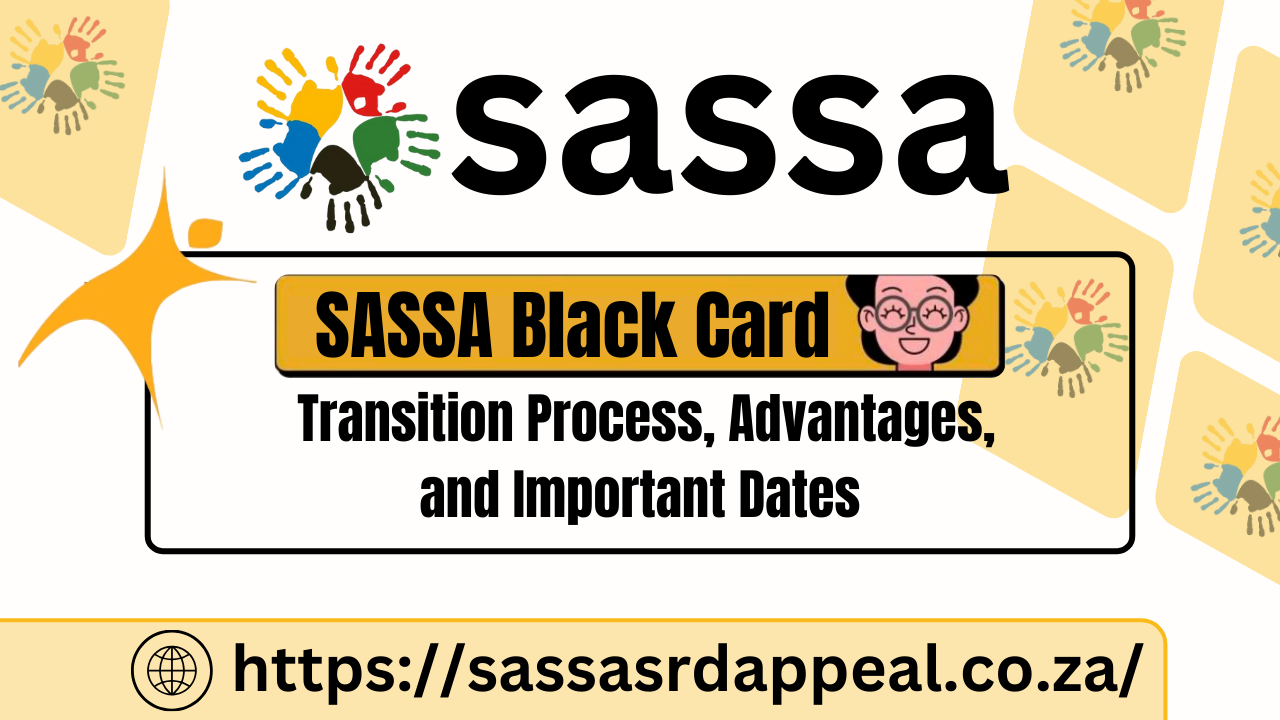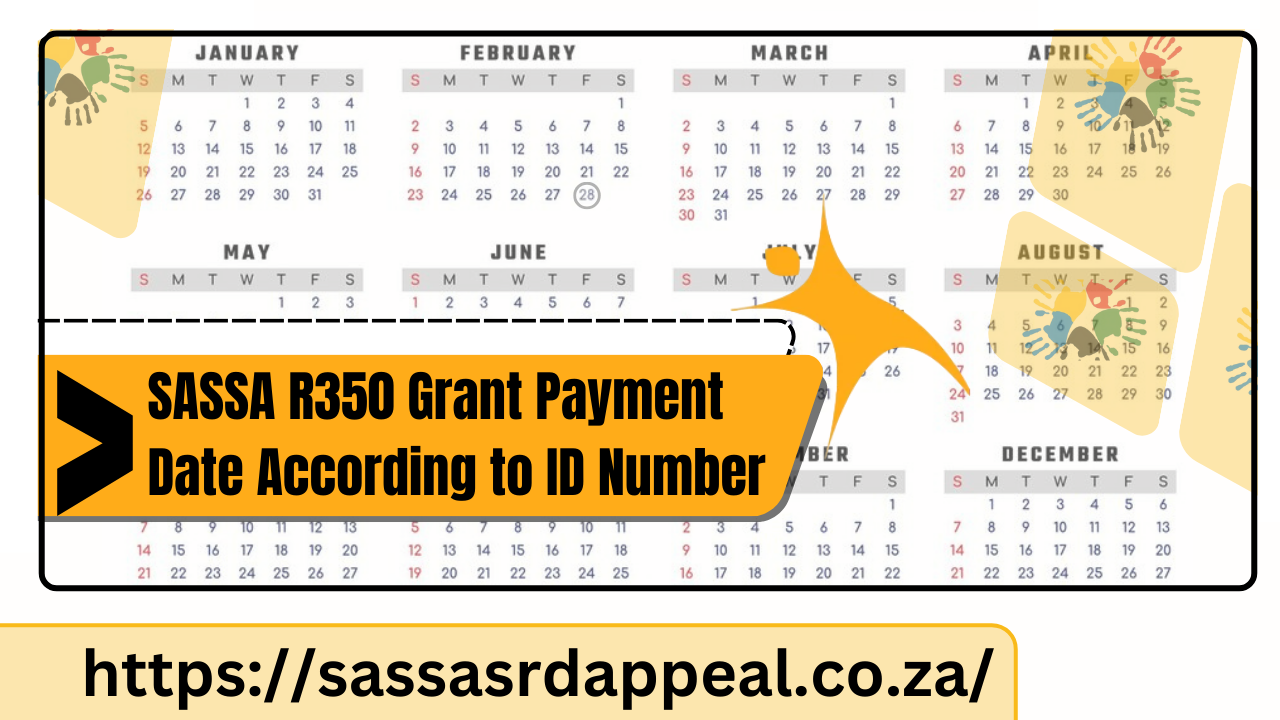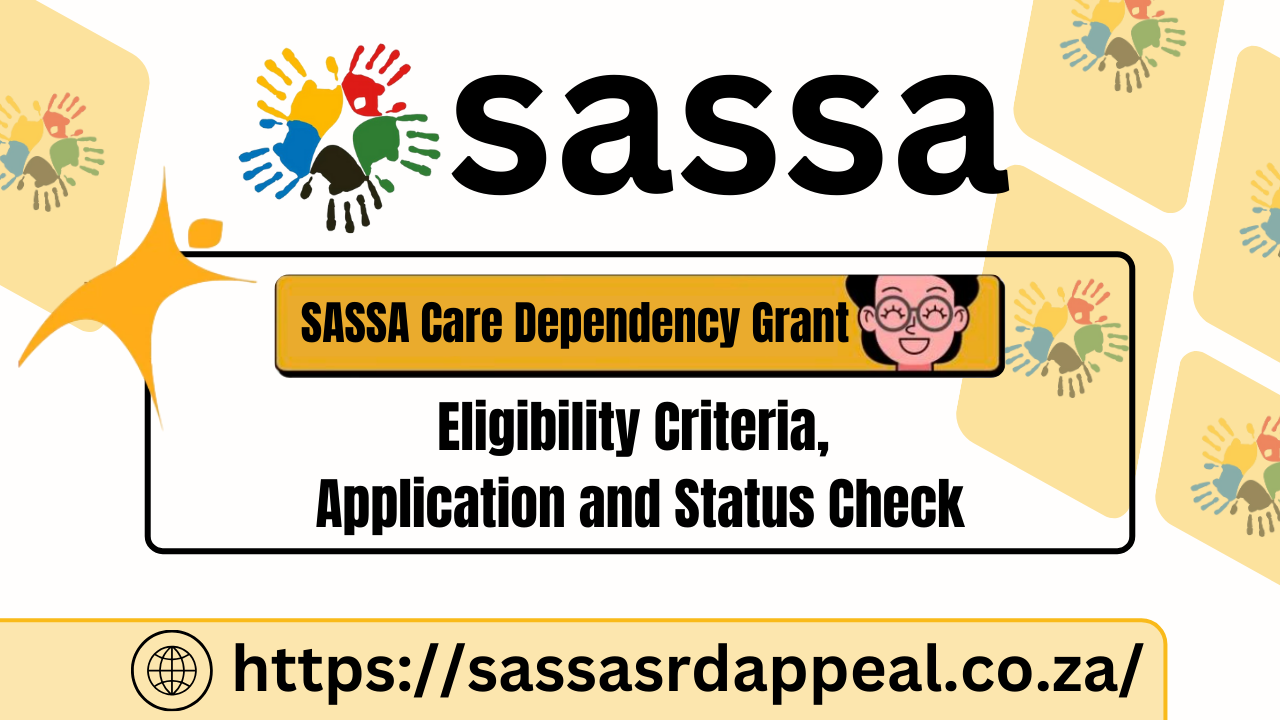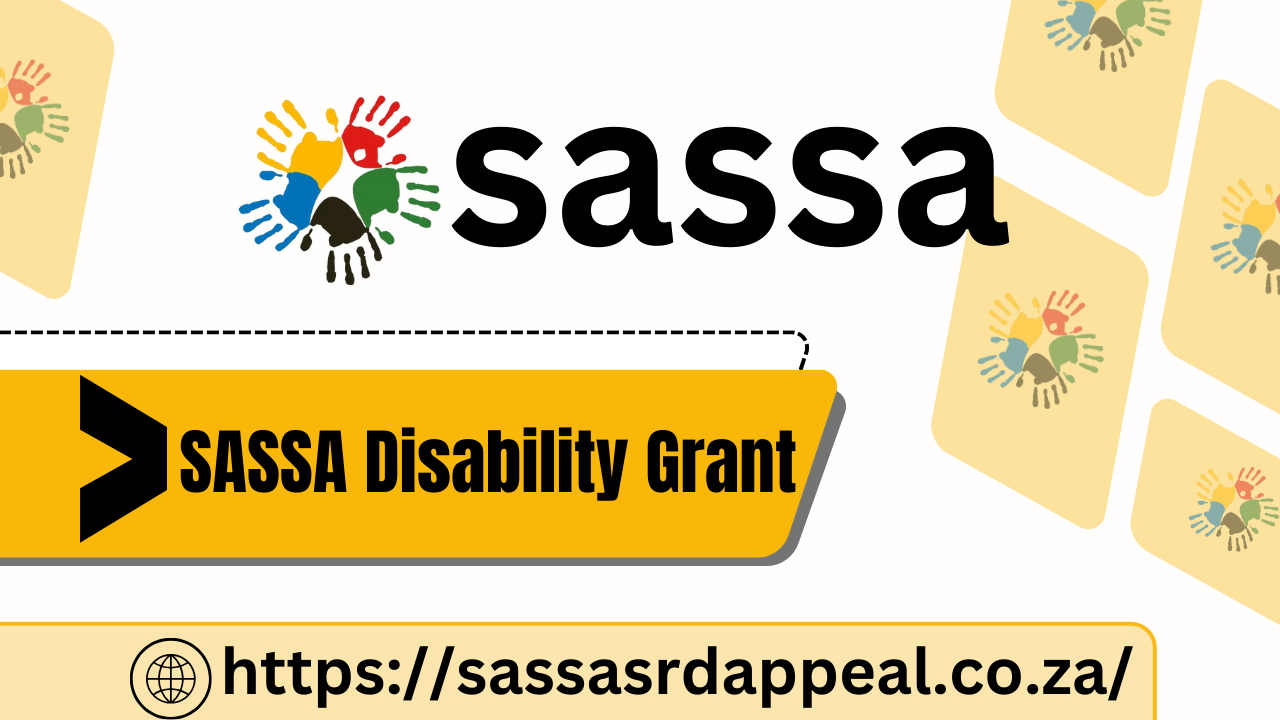SASSA Grants Fall Below Food Poverty Line Despite Increases
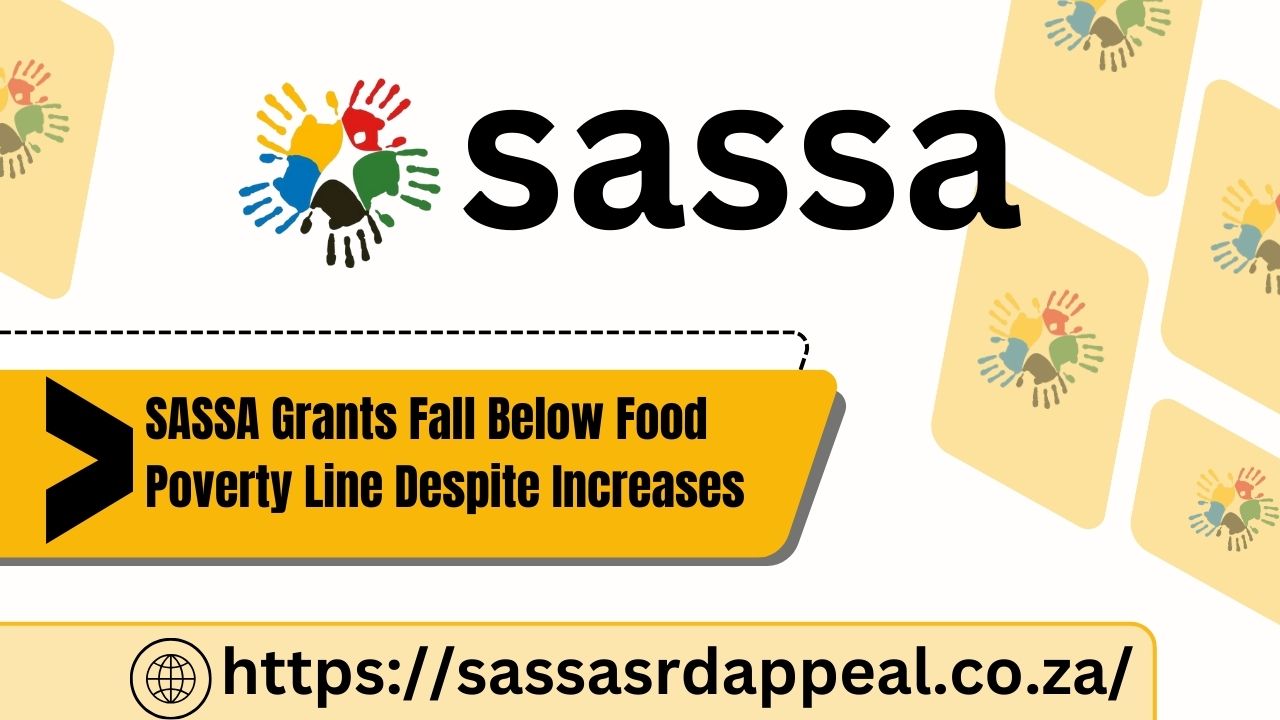
SASSA Grants Fall Below Food Poverty Line Despite Increases. Social grants are a critical source of financial support for millions of South Africans, particularly vulnerable households struggling to meet their basic needs. While recent increases in grants were intended to ease the financial burden on recipients, concerns remain that these adjustments are still insufficient.
Finance Minister Enoch Godongwana, during the 2025 Budget Speech, announced that social grants distributed by the South African Social Security Agency (SASSA) will increase above inflation. The government’s objective is to shield low-income households from the relentless rise in the cost of living. However, civil rights group Black Sash has raised alarm bells, emphasizing that several grants still fall below the food poverty line, leaving many families in a precarious financial situation.
Grants Below the Food Poverty Threshold
Despite the government’s efforts to improve social security, some grants, such as the Child Support Grant and the Social Relief of Distress (SRD) grant, continue to be inadequate in covering basic nutritional needs. The SRD grant saw no increase, remaining stagnant, while the Child Support Grant remains below the R796 Food Poverty Line. This means that many beneficiaries still lack the financial means to afford sufficient food, exacerbating the issue of food insecurity.
Black Sash has expressed concerns that these insufficient grant amounts worsen economic hardship, deepening the cycle of poverty and hunger for the most vulnerable citizens. The organisation continues to advocate for an increase in grants that meets or exceeds the cost of essential food items.
VAT Hike Adds Further Financial Pressure
Another pressing concern is the proposed increase in Value Added Tax (VAT). Minister Godongwana suggested a 1% VAT hike over the next two years, with a 0.5% increase scheduled for April 2025 and another in 2026. Black Sash strongly opposes this move, arguing that it disproportionately impacts lower-income households that already struggle to afford essential goods and services.
“We categorically do not support any form of VAT increase, as it places an unfair burden on those who are already struggling to make ends meet,” the organisation stated. Instead, Black Sash has urged the government to explore progressive tax reforms, such as increased taxation on high-income earners and large corporations, rather than shifting the burden onto the poor.
Need for Sustainable Solutions
While social grants serve as a crucial safety net, they should not be the sole strategy for addressing poverty alleviation in South Africa. Black Sash and other advocacy groups have called on the government to implement more comprehensive job creation initiatives and ensure economic policies that promote financial sustainability for lower-income individuals.
Additionally, there is growing demand for clarity on the future of the SRD grant. Many South Africans rely on this temporary relief measure, and uncertainty regarding its long-term viability creates further anxiety. Advocacy groups have proposed introducing basic income support as a long-term strategy to assist vulnerable populations in achieving economic stability.
What Needs to Change?
To effectively combat poverty and food insecurity, the South African government must take decisive action. Key measures that need to be prioritized include:
- Increasing social grants to align with or surpass the food poverty line.
- Reviewing the VAT policy to avoid placing additional financial strain on low-income households.
- Implementing tax reforms that target wealthier individuals and corporations rather than burdening the poor.
- Enhancing job creation initiatives to provide sustainable employment opportunities.
- Clarifying the long-term future of the SRD grant and considering a permanent basic income support system.
Conclusion
While the South African government has made some strides in addressing economic inequality, there is still a long way to go. Social grants remain a fundamental pillar of social security, but they must be adjusted to reflect the real cost of living. Advocacy groups like Black Sash continue to push for reforms that will ensure a more equitable and just economic system. Moving forward, it is crucial for policymakers to prioritize sustainable solutions that truly uplift the nation’s most vulnerable citizens and secure a future where no South African has to go to bed hungry.
